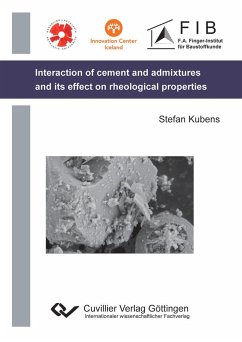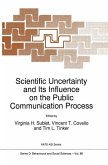Dispersing admixtures play an important role in today¿s concrete technology. Around eight billion cubic metres of concrete are made each year and most of it contains dispersing admixtures. These chemical compounds, added at low dosages during concrete mixing, make fresh concrete more liquid and improve its workability. A precise way to determine the workability of concrete is to measure its rheological values yield stress and plastic viscosity. From ready mixed concrete plants and concrete element plants it is known that rheological values of mortar and concrete can sometimes vary when a new cement batch (i.e. a new production date) is used. The aim of this study is threefold. Firstly, to measure and evaluate the effect of variations during routine cement production on the rheology of mortar and concrete. Secondly, to identify the constituents in cement which lead to fl uctuations in rheology. Thirdly, to quantify the changes in rheology due to variations in cement properties. These questions are essential for cement and concrete producers to guarantee a homogeneous concrete production, but also for the scientifi c community to reach a deeper understanding of cementadmixture interactions.
Hinweis: Dieser Artikel kann nur an eine deutsche Lieferadresse ausgeliefert werden.
Hinweis: Dieser Artikel kann nur an eine deutsche Lieferadresse ausgeliefert werden.








